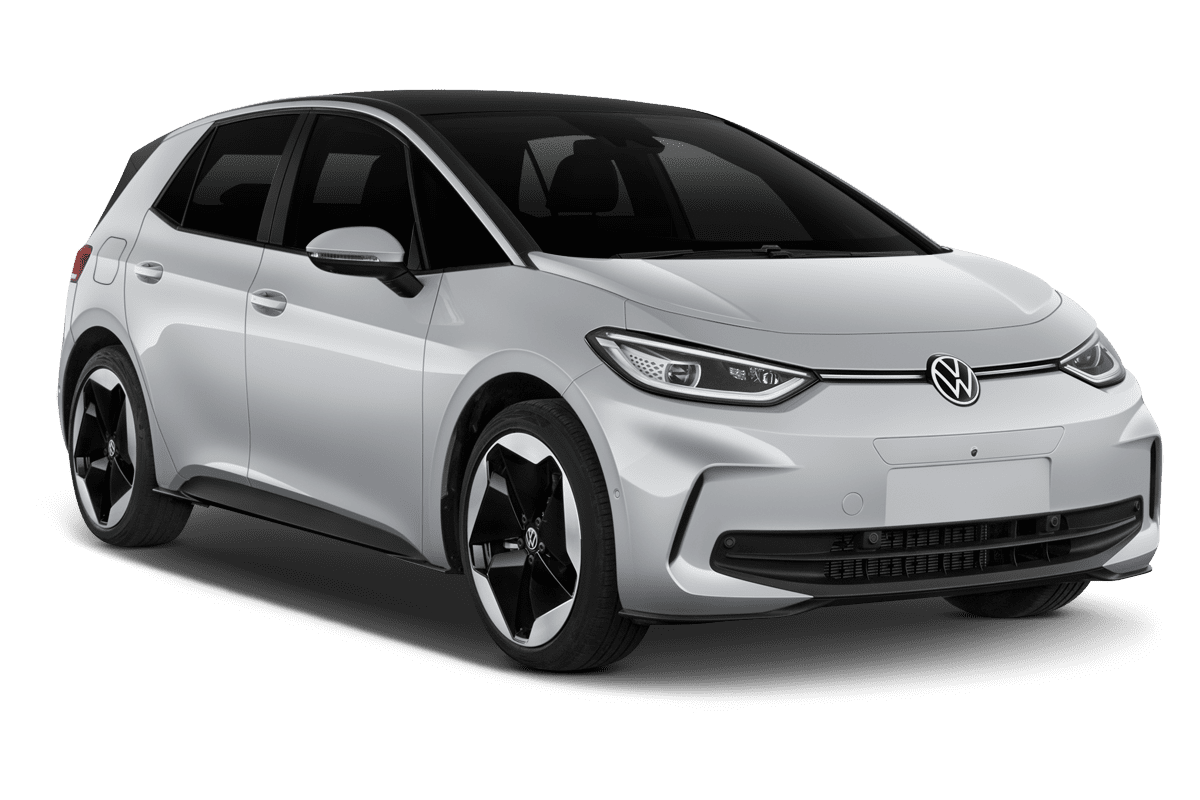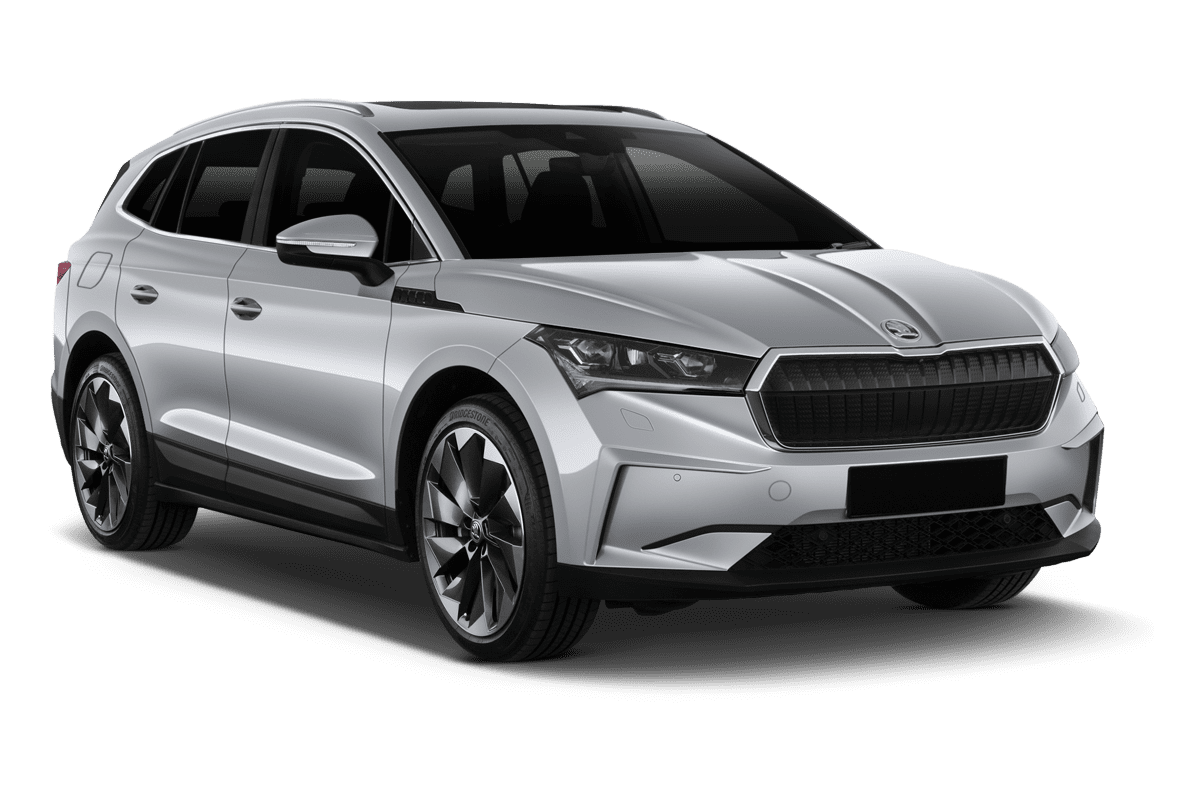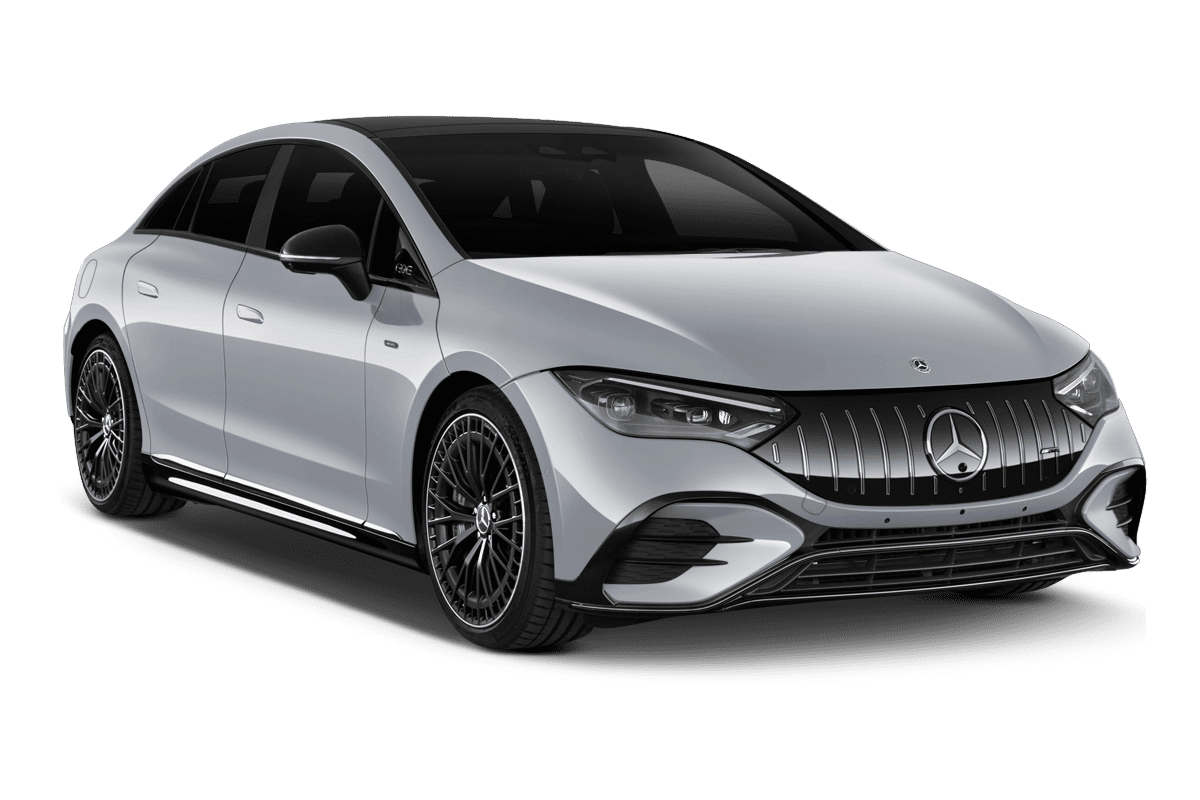Unleash the benefits of electric vehicle hire
Why more drivers are choosing electric
Choosing an electric car is about more than driving something new. It’s about a better driving experience, reduced running costs and making a more responsible choice for the planet.
Better for the environment. Fully electric cars produce zero tailpipe emissions. This helps reduce air pollution and shrink your carbon footprint, supporting a greener future.
Save on fuel and running costs. Electricity can cost up to 80% less than petrol or diesel. Lower fuel costs combined with fewer maintenance needs mean big savings.
Drive without restrictions. Most EVs are exempt from low emission zone charges, letting you travel freely through cities without extra fees.
Enjoy free parking in many cities. Benefit from complimentary parking and access to dedicated EV bays with charging facilities, where available.
Experience a quieter, smoother drive. EVs offer instant acceleration, reduced noise and enhanced comfort. All our EVs come equipped with the latest safety and connectivity technology for peace of mind.
An EV for every journey
Whether you're trying electric for the first time or looking for a familiar brand with zero tailpipe emissions, our EV fleet has something for every journey. Discover our full range by visiting our EV Showroom.
Understanding electric & hybrid vehicles
Navigating electric vehicle terms can be confusing. Here’s a simple guide to help you understand the main types you might encounter when hiring with Europcar.
Electric Vehicles (EV) or Battery Electric Vehicles (BEVs)
These cars run entirely on electricity from a rechargeable battery and an electric motor. They have no petrol or diesel engine parts.
Benefits include exemption from London Congestion Charges, Clean Air Zone (CAZ) and Ultra Low Emission Zone (ULEZ) fees. EVs are quiet, easy to drive, and better for the environment.
Hybrid Electric Vehicles (HEVs)
Also called Self-Charging Electric Vehicles, HEVs combine an internal combustion engine with an electric motor. They do not have a rechargeable battery because energy is generated through driving.
These vehicles offer reduced fuel consumption and lower carbon emissions compared to conventional petrol or diesel cars.
Plug-in Hybrid Electric Vehicles (PHEVs)
PHEVs have both a petrol or diesel engine and a rechargeable battery powering an electric motor. They can typically travel 30 to 60 miles on electric power alone before switching to hybrid mode when the battery runs low.
This means lower fuel use than standard hybrids and a longer electric driving range.
Interested to learn more? Check out our Beginners Guide to EVs.
Frequently asked questions about electric vehicles
New to electric? Our EV Guide covers everything from driving tips to charging networks, so you can feel confident before and during your hire.
General
Autonomy / Range
Charging
Electric Vehicle Usage
Most frequent searches
Discover an exclusive range of rental services, from premium vehicles to flexible long-term or one-way options. An experience designed to deliver comfort, flexibility, and excellence on every journey.




